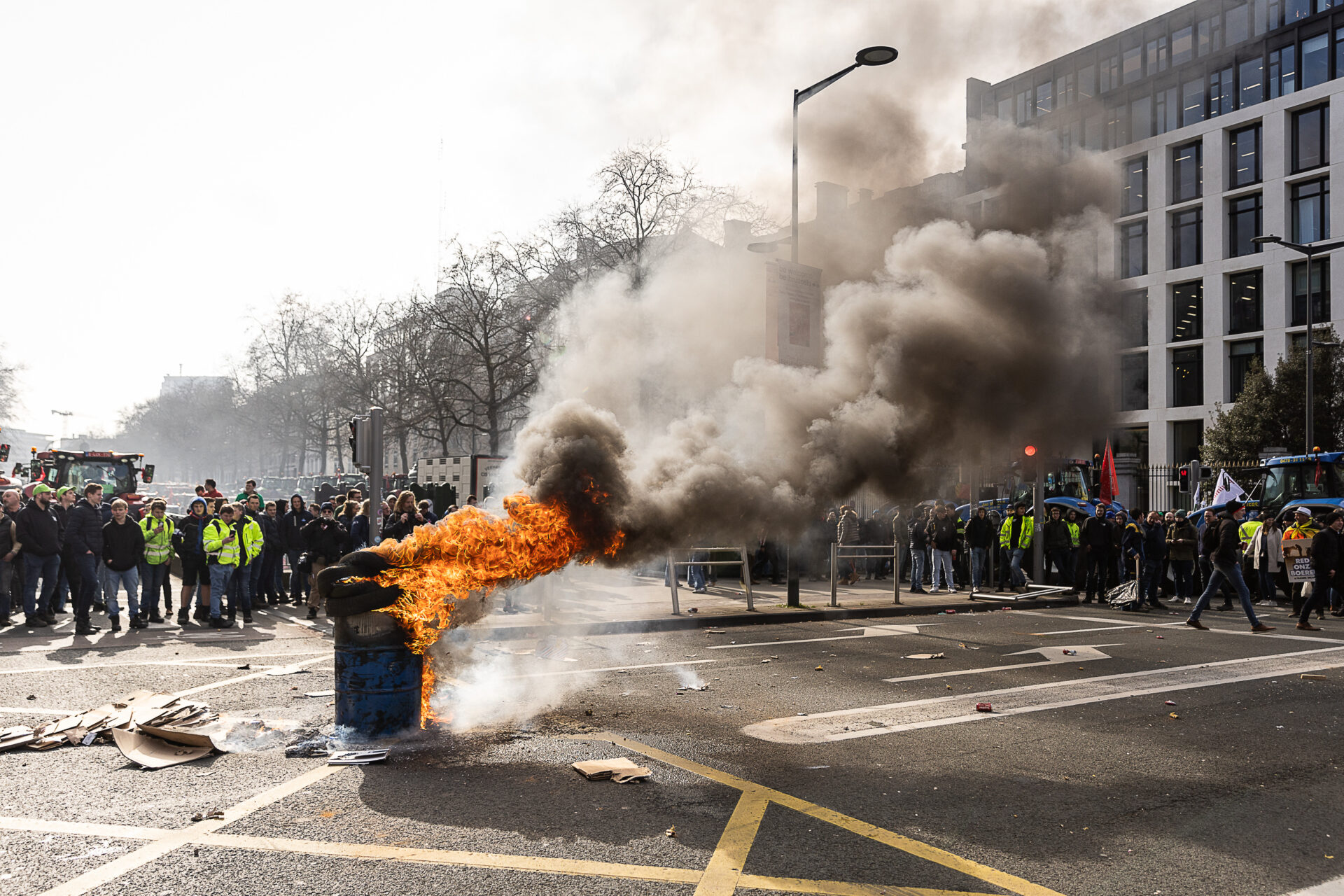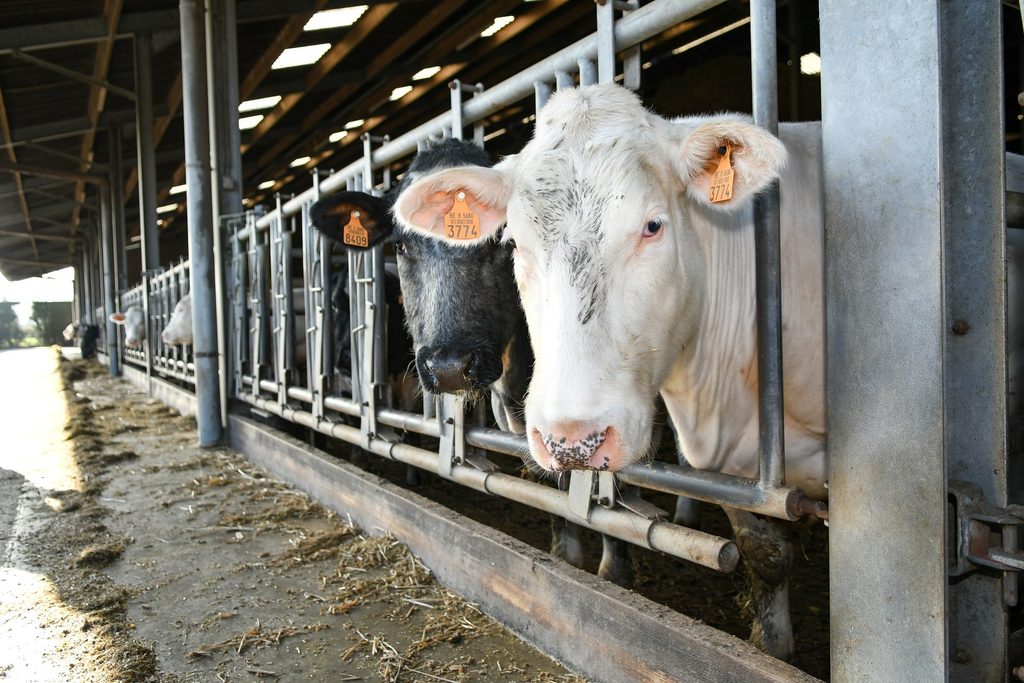After months of negotiations, the Flemish Parliament has approved the amended nitrogen decree, which sets out limits on emissions of the gas. The agreement was called by the majority parties the "highest achievable" outcome. But farmers vow to take legal action against it.
Nitrogen has an atmospheric warming effect about 300 times stronger than carbon dioxide (CO2) and is released predominantly through industrial practices and farming – two pillars of the Flemish economy. The region is far in excess of EU limits but efforts to reduce emissions have faced fierce opposition from those in affected sectors, most notably the farming community, which will have to change practices or in some cases cease activities altogether.
The divisive topic has for months caused a political gridlock, with the region's government negotiating long and hard to agree on measures, which are then not passed into law by parliament, with demands that the conditions be revised.
In the eyes of the majority parties, this impasse was finally broken on Wednesday evening when the amended decree put forward in November 2023 was given the green light. "The sword of Damocles still hangs over our economy, but is more secure," said Environment Minister Zuhal Demir (N-VA), who added that the matter remains a deep concern.
Without any democratic majority to harden or soften the legislation the decree was approved, although several CD&V (Christian-democratic party) MPs abstained or were absent from the vote. Among them was Tinne Rombouts, who compared voting for the new decree to "choosing between the plague and the cholera". Other critics warn that the decree will fall if challenged legally.
Back and forth
Negotiations were previously held up when the CD&V party refused to approve the decree without an environmental impact report on two relaxations that it wanted to include.
Left without the CD&V as coalition partners, the Flemish Nationalists N-VA and the liberal Open VLD party were obliged to submit another nitrogen decree proposal last summer with (temporary) strict nitrogen measures. The Council of State then delivered a very critical opinion on the nitrogen decree proposal, and the texts were rewritten and adjusted.
In November 2023 the Flemish majority, now with CD&V back onboard, reached a new nitrogen agreement with several adjustments, which was cast in a new text. But this too was criticised by the Council of State – the country's highest court – which questioned several fundamental elements of the agreement, notably the impact score, granting permits "on credit", and the threshold approach to determine if a company or farmer can be exempted from the appropriate assessment.

Flemish farmers took their tractors to the city centre of Brussels in March last year to protest against proposed new rules. Credit: Belga/ James Arthur Gekiere
The Council believes that several provisions, especially those that allow for permits that lead (in the short term) to additional nitrogen in natural areas, are "at odds" with the European Habitats Directive. It stated that the new decree "seems to lower the level of ambition" of the original proposal.
But given the urgent need to approve a deal in order to avoid a permit freeze for companies and citizens, the decree was passed. Open VLD chair Tom Ongena warned that it was a choice between "either giving our entrepreneurs another chance to grow or crippling our economy for years."
Fired up farmers
The decree will only be valid until 2030, with the idea that the next majority will work out a new system which calculates emissions rather than deposits (the precipitation of substances from the air).
Mieke Schauvliege of the Green Groen party argued that this means farmers will only have certainty until 2030 and points out that "there should actually be a framework until 2050. Only then can you offer real legal certainty to all entrepreneurs in Flanders." To this end, she argued that the present text is only an emergency decree to appease voters.
Related News
- Farmers roll into Brussels as protests flare up across Europe
- Belgium in Brief: What's all the fuss with the nitrogen policy?
However, if those voters happen to be farmers, the displeasure is vociferous with the Farmers' Union 'Boerenbond' and the 'Groene Kring' organisation of young farmers and horticulturists stating their disappointment in the decree and confirming their plan to launch legal action against it.
"After three years of negotiations, 20,000 objections, dozens of trade union actions and two highly critical legal opinions from the Council of State, the parliament nevertheless voted to approve a decree with shaky foundations," argued Lode Ceyssens, president of Boerenbond.
Both federations said they want to play their part in reducing nitrogen emissions but feel that their interests are being overlooked by policymakers, who have ignored their calls to change to an emissions model.

